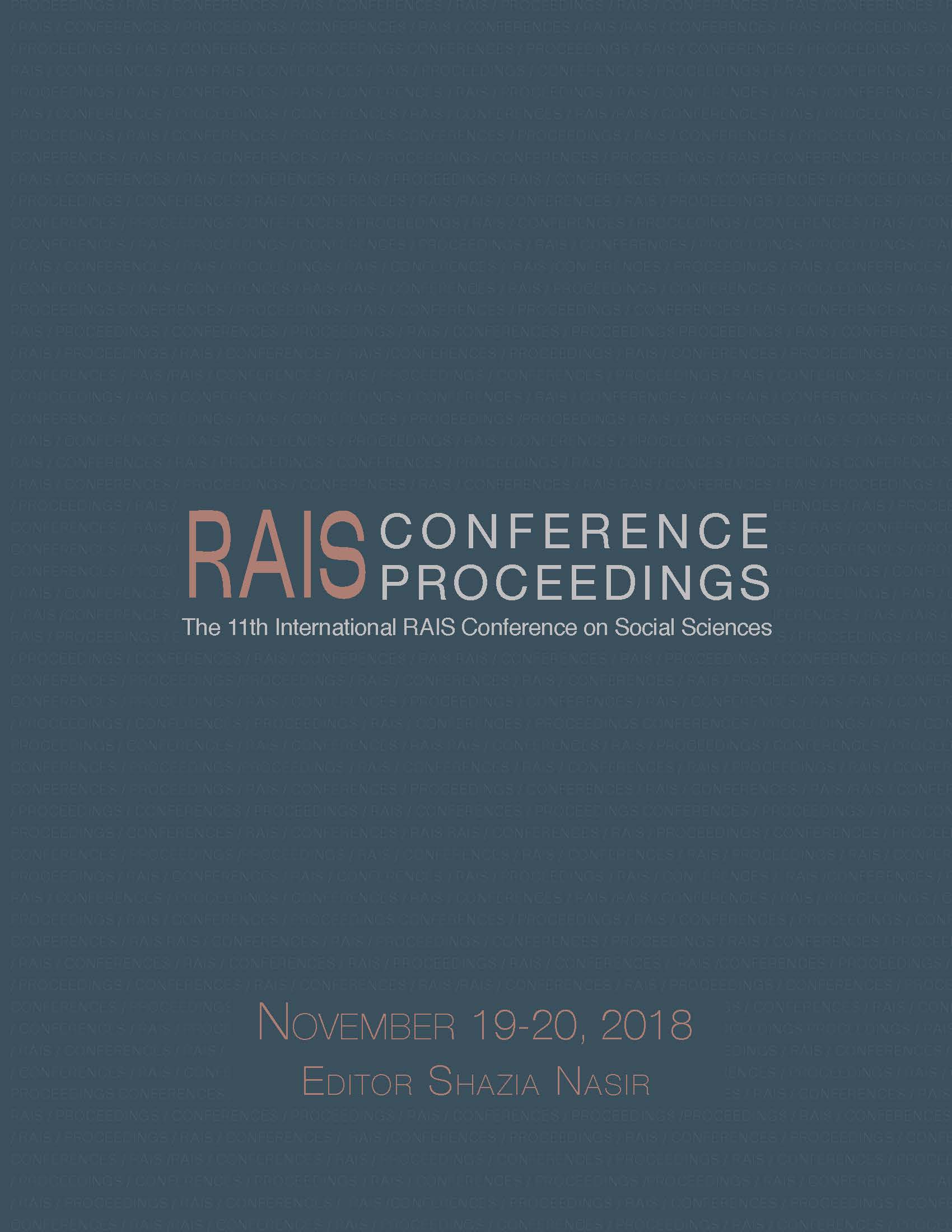Genome Editing
The New Eugenics?
Genome Editing
The New Eugenics?
Author(s): Marisa Almeida Araújo
Subject(s): Health and medicine and law
Published by: Scientia Moralitas Research Institute
Keywords: CRISPR technology; Genome Editing; Eugenics; Bioethics;
Summary/Abstract: The human genome editing techniques, which surpasses preimplantation genetic diagnoses at this time, has posed a number of ethical, philosophical, social and legal issues over the years that are far from resolution or any consensus. The challenge, nowadays, is the option between the refusal to use them or, by the contrary, making them available, in particular, to the prospective parents of ART, who are a wide range of consumers of these techniques. The possibility of DNA editing, and the immense solutions of CRISPR technology reprogramming the heritable genome brings us the debate of a modern form of eugenics. For parents and the programmatic choices they make, with DNA editing to their will and repudiating the genetic inheritance of their children, with impact on their personal integrity and identity, bringing human dignity, and human nature itself, to the epicentre of the debate and a new form of generational responsibility and, in a social context, a form of genetic aristocracy. The latest Nuffield Council on Bioethics report, "Genome Editing and Human Reproduction: Social and Ethical Issues," published in July 2018, further inflamed the debate. Seeming to accept, albeit cautiously, that the issue may be ethically acceptable in some circumstances, namely the guaranty of the welfare of the person and that it does not result in any disadvantage, discrimination or social cleavage. The timeliness and importance of the subject require us to focus our analysis considering the ethical and legal issues raised by the topic.
Book: Proceedings of the 11th International RAIS Conference on Social Sciences
- Page Range: 295-302
- Page Count: 8
- Publication Year: 2018
- Language: English
- Content File-PDF

